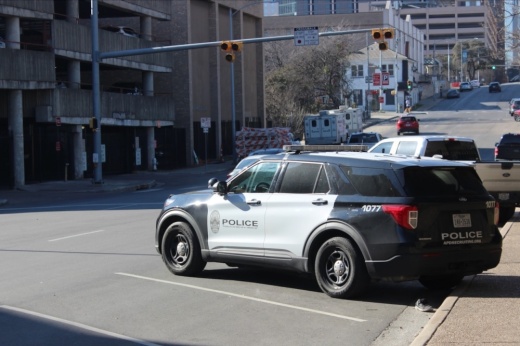The details
On June 8, council voted in favor of up to $1.09 million in funding to reboot the data collection program alongside a revised policy for the license plate readers' use setting a one-week retention limit for any data collected by police. That seven-day data retention policy was proposed by Council Member Ryan Alter and proved to be a point of contention ahead of council's final vote earlier this month.
The updated policy passed with that timing restriction in place, although police had initially recommended a limit of 30 days or longer instead. Interim City Manager Jesús Garza said council will be briefed during the pilot period if staff determine the seven-day period to be ineffective.
The five-year contract with Flock Safety will run the city $114,000 in its first year and $244,000 in following years if city officials decide to continue the program. Funding will cover set-up, training and support services for the APD's use of 40 license plate readers.
Put in perspective
Since the license plate program's return was first laid out last year by District 6 Council Member Mackenzie Kelly, APD representatives have stated the technology would help officers investigate vehicle thefts, missing persons and some serious crimes. In an email following council's vote, APD Communications Manager Brandon Jones said the data collection program will serve as a boost for the department's work.
"The Austin Police Department is excited to get the license plate reader technology back up and running to serve our community better and solve more crime. Having LPRs back will indeed be a force multiplier," Jones said. "As time passes, we will be able to share success stories of how it fights violent crime, returns stolen vehicles to owners and saves lives. In addition, we will provide examples of why we need to increase the data retention policy from seven days to 30."
Kelly said seeing the program's return through to the finish line has been a priority of hers since last year, and she appreciated the broad community discussion the concept has sparked.
"These conversations have led to a very robust and strong ALPR policy in the state of Texas. ... I believe this program is going to assist our police officers [who] help solve crimes in our city, and for that I am thankful," she said.
Digging deeper
The latest version of the APD's license plate reader policy may be viewed below.
Ahead of council's final consideration of the program reboot, Austin's Office of Police Oversight took on its own review of the policy. The OPO's analysis of the policy, which factored into the police department's final draft version, may be viewed below.





